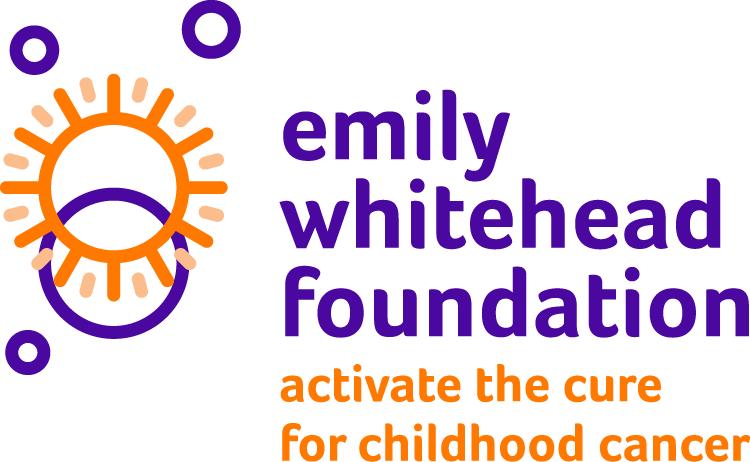Her2 and TGFBeta CTLs in Treatment of Her2 Positive Malignancy (HERCREEM)
Other Solid Tumors
0-9 years 10-17 years 18-26 years 27 years and older
1
 Biological
Biological
TGFBeta resistant HER2/EBV-CTLs
Condition: HER2 Positive Malignancies
Patients have advanced stage cancer. This study is a gene transfer research study using special immune cells.
The body has different ways of fighting infection and disease. No single way seems perfect for fighting cancers. This research study combines two different ways of fighting cancer: antibodies and T cells. Investigators hope that both will work better together. Antibodies are proteins that protect the body from diseases caused from infectious diseases and possibly cancer. T cells, also called T lymphocytes, are special infection-fighting blood cells that can kill other cells, including tumor cells or cells that are infected with germs. Both antibodies and T cells have been used to treat patients with cancers: they both have shown promise, but have not been strong enough to cure most patients.
T lymphocytes can kill tumor cells but there are normally not enough of them or they are not able to kill all the tumor cells. We have done research in which we have grown “extra” T lymphocytes. We have added genes to those T lymphocytes to help them to recognize tumor cells. Although the results have been promising, we are still doing more research in this area.
Antibodies usually circulate in blood and are secreted by other cells of the immune system in response to the presence of germs or abnormal cells in the body. The antibody used in this study is called anti-HER2 (Human Epidermal Growth Factor Receptor 2). This antibody sticks to HER2-positive cancer cells because of a substance on the outside of these cells called HER2.
Texas Children's Hospital, Houston, TX
Sponsor/Collaborators:
Baylor College of Medicine, The Methodist Hospital System, Center for Cell and Gene Therapy - Baylor College of Medicine
